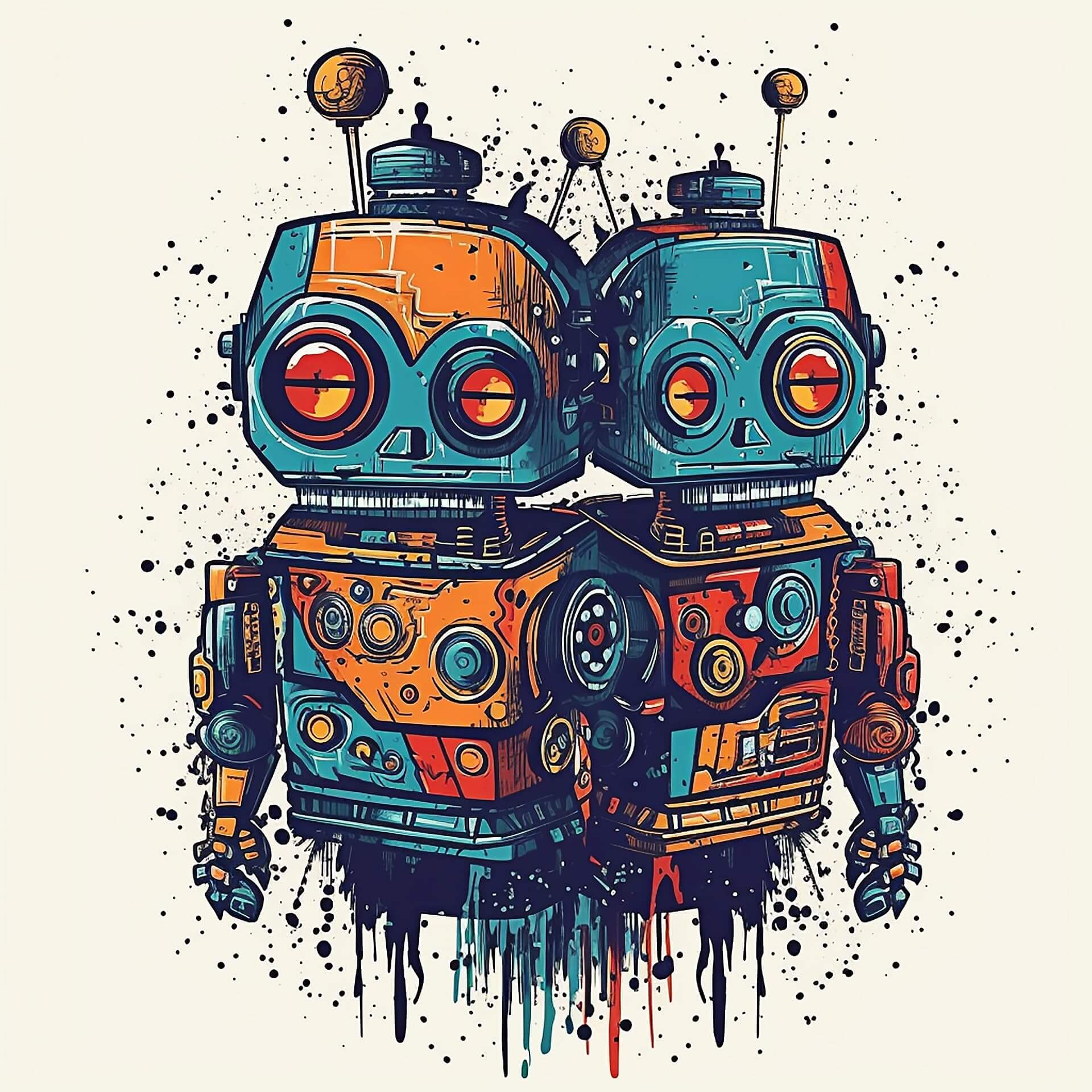In a small, cosy comedy club tucked away on the corner of a bustling city street, there was a comedian named Leo. He was renowned for his ability to make even the toughest crowds erupt in laughter. His secret, he claimed, was a profound belief that all humour was rooted in pain.
Leo had a peculiar backstory that shaped his unique perspective on humour. He grew up in a neighbourhood where hardship and adversity were constant companions. His family struggled to make ends meet, and every day seemed like a battle against the world. Yet, even in the midst of their struggles, Leo’s father, a wise and kind-hearted man, had an uncanny ability to find humour in the darkest of moments.
One day, as a young boy, Leo asked his father, “Dad, how can you laugh when things are so tough?”
His father smiled and replied, “Leo, laughter is like a life raft in the stormy sea of life. It keeps us afloat when the waves of sorrow threaten to drown us.”
Those words left a deep impression on Leo. He realised that humour was a coping mechanism—a way to find solace in the face of adversity. It allowed people to take a step back from their pain and see the absurdity in their struggles.
Years later, Leo decided to pursue a career in comedy, not just to make people laugh but to help them find a glimmer of light in their darkest moments. He believed that by sharing the pain he had experienced in his own life; he could connect with others and bring them the relief of laughter.
One night, in the dimly lit comedy club, Leo took the stage. He began by sharing personal stories of his family’s hardships, of the times they couldn’t afford to pay the bills, and the moments when laughter had been their only escape. The audience listened intently, their faces transitioning from curiosity to empathy.
With each punchline, Leo found humour in the pain of his past, and the audience followed suit. Laughter erupted, filling the room with a sense of catharsis and unity. People in the crowd saw their own struggles mirrored in his tales, and they realised that humour was indeed a lifeline, a way to survive the challenges life threw their way.
Leo continued to perform, blending his unique brand of humour with the wisdom he had gained from his father. He became not just a comedian but a storyteller, a healer of hearts through laughter.
Over the years, Leo’s fame spread, and his comedy club became a sanctuary for those seeking solace in laughter. People came not just for the jokes, but for the shared experience of recognising that pain was universal, and humour was the bridge that connected them all.
In the end, Leo proved that his father had been right all along—humour was rooted in pain, but it had the power to heal, to unite, and to remind people that, no matter how tough life got, they could always find a reason to laugh. And so, in that small comedy club on the corner of the city street, Leo taught the world that laughter was the greatest gift we could give ourselves in times of darkness.

No Comments